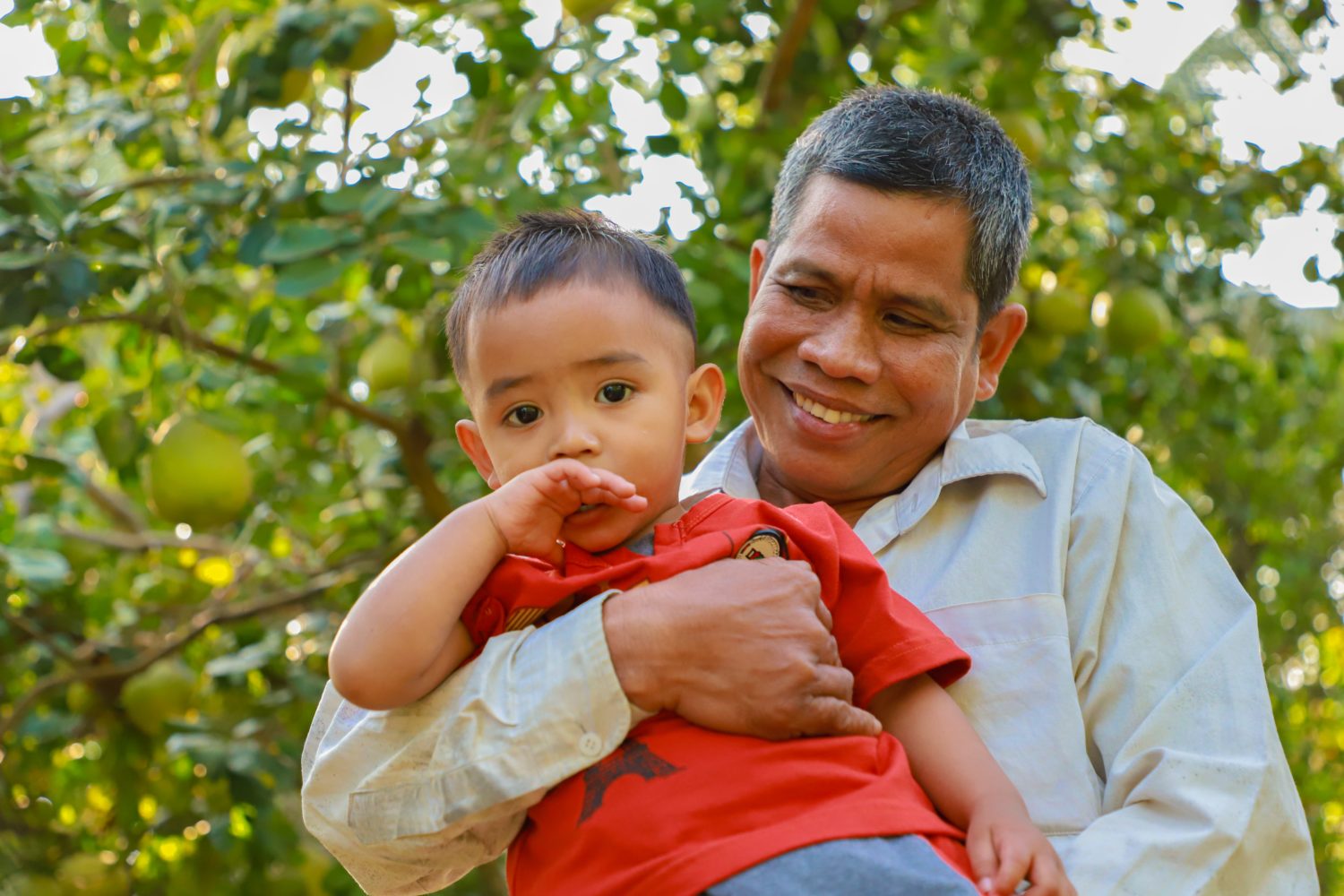
Family Care First is a network of organizations working together to support children living in safe, nurturing family based care.
Family Care First has directly impacted 12,002 children and 2,530,429 adults in 2020.
We have provided support to 73 Residential Care Institutions to change their model of care, and 24 of them are in the progress of being transformed into community centers. 14 of our members are now providing family-based care support for children. The online case management system, OSCaR, that we support has been utilized by 44 organizations with more than 14,972 children’s cases entered.
We’re now running the Cash Transfer and Livelihood programs to support families during COVID-19.
Family Care First brings multiple organisations together to discuss issues facing children and families and determine programming innovations. We work together to develop programs to improve outcomes for children and families, and ensure that children can live in safe, nurturing family based care.
Our network includes local Non-Government Organisations (NGO’s), international NGOs, UN agencies, donors, academic institutions and government partners.
There is significant amounts of research that demonstrates the harmful impacts of residential care on children. Residential care has a lasting impact on a child that goes onto adult life. Children do not thrive in residential care. They do not meet their developmental potential and it is more costly than family based care.
There really isn’t a difference. Often residential care institutions are called ‘orphanages’. However, the majority of children are not ‘orphans’, and approximately 80% of children living in them have one or both parents living. Therefore, the correct term is residential care institution.
There are a range of options depending on each child’s individual circumstances. These include living with relatives (aunties, uncles, grandparents), or other options such as long-term foster care and potentially domestic adoption.
No, we are seeking to gradually change the focus from institutional care (ie. orphanages) to family based care in Cambodia. We work alongside residential care institution management to help them in the process of changing to family based care or closure and safe reintegration of children to safe, nurturing families.
There are many organizations that are part of Family Care First that provide services to children and families. They aim to ensure children remain in families, and some also support orphanages/residential care institutions to gradually shift their model to family based care.
You can also donate directly to one of our members to provide support to children in families.
Working directly with children is a profession that requires training and expertise. To ensure you have the maximum beneficial impact please read the following guidelines from Smart Volunteering.
You should contact your local Department of Social Affairs, Veterans and Youth Rehabilitation for more information. There are national guidelines in development for domestic adoption.
There are a number of organisations you can contact if you would like to foster a child, or children. You can contact different organisations depending on where you live and they will talk you through the process. You can find their details here:
This depends on where are you are and where the child is. There are a number of different hotlines and helplines. We have listed them here. However, if you do not have a hotline in your area you should contact the local government authorities such as the police, your village or sangkat chief or DoSVY.
We work in the five target provinces outlined in the government action plan – Phnom Penh, Kandal, Siem Reap, Battambang and Sihanoukville. We do work on a number of initiatives that have a national impact on systems.